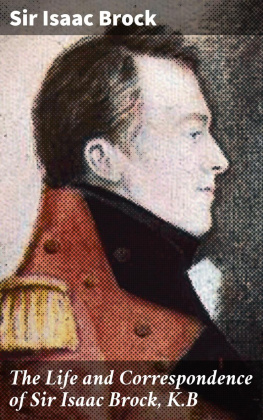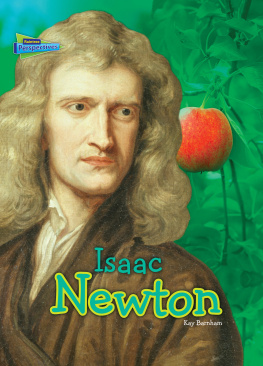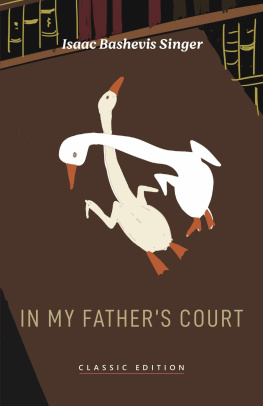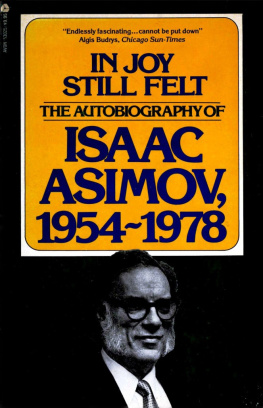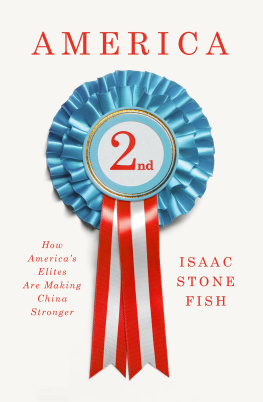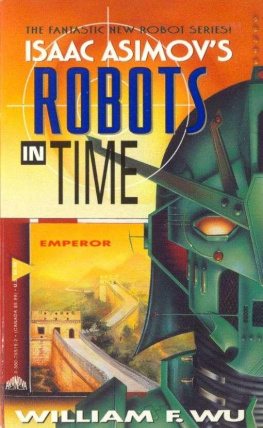ISAAC TAYLOR HEADLAND
Professor in the Peking University
ISAAC TAYLOR HEADLAND'S THREE BOOKS THAT "LINK EAST AND WEST"
Court Life in China: The Capital Its Officials and People.
The Chinese Boy and Girl
Chinese Mother Goose Rhymes
PREFACE
Until within the past ten years a study of Chinese court life would have been an impossibility. The Emperor, the Empress Dowager, and the court ladies were shut up within the Forbidden City, away from a world they were anxious to see, and which was equally anxious to see them. Then the Emperor instituted reform, the Empress Dowager came out from behind the screen, and the court entered into social relations with Europeans.
For twenty years and more Mrs. Headland has been physician to the family of the Empress Dowager's mother, the Empress' sister, and many of the princesses and high official ladies in Peking. She has visited them in a social as well as a professional way, has taken with her her friends, to whom the princesses have shown many favours, and they have themselves been constant callers at our home. It is to my wife, therefore, that I am indebted for much of the information contained in this book.
There are many who have thought that the Empress Dowager has been misrepresented. The world has based its judgment of her character upon her greatest mistake, her participation in the Boxer movement, which seems unjust, and has closed its eyes to the tremendous reforms which only her mind could conceive and her hand carry out. The great Chinese officials to a man recognized in her a mistress of every situation; the foreigners who have come into most intimate contact with her, voice her praise; while her hostile critics are confined for the most part to those who have never known her. It was for this reason that a more thorough study of her life was undertaken.
It has also been thought that the Emperor has been misunderstood, being overestimated by some, and underestimated by others, and this because of his peculiar type of mind and character. That he was unusual, no one will deny; that he was the originator of many of China's greatest reform measures, is equally true; but that he lacked the power to execute what he conceived, and the ability to select great statesmen to assist him, seems to have been his chief shortcoming.
To my wife for her help in the preparation of this volume, and to my father-in-law, Mr. William Sinclair, M. A., for his suggestions, I am under many obligations.
I. T. H.
CONTENTS
| I. |
| II. |
| III. |
| IV. |
| V. |
| VI. |
| VII. |
| VIII. |
| IX. |
| X. |
| XI. |
| XII. |
| XIII. |
| XIV. |
| XV. |
| XVI. |
| XVII. |
| XVIII. |
| XIX. |
| XX. |
| XXI. |
| XXII. |
I
The Empress DowagerHer Early Life
All the period since 1861 should be rightly recorded as the reign of Tze Hsi An, a more eventful period than all the two hundred and forty-four reigns that had preceded her three usurpations. It began after a conquering army had made terms of peace in her capital, and with the Tai-ping rebellion in full swing of success....
Those few who have looked upon the countenance of the Dowager describe her as a tall, erect, fine-looking woman of distinguished and imperious bearing, with pronounced Tartar features, the eye of an eagle, and the voice of determined authority and absolute command.Eliza Ruhamah Scidmore in "China, The Long-Lived Empire."
I
THE EMPRESS DOWAGERHER EARLY LIFE
One day when one of the princesses was calling at our home in Peking, I inquired of her where the Empress Dowager was born. She gazed at me for a moment with a queer expression wreathing her features, as she finally said with just the faintest shadow of a smile: "We never talk about the early history of Her Majesty." I smiled in return and continued: "I have been told that she was born in a small house, in a narrow street inside of the east gate of the Tartar citythe gate blown up by the Japanese when they entered Peking in 1900." The princess nodded. "I have also heard that her father's name was Chao, and that he was a small military official (she nodded again) who was afterwards beheaded for some neglect of duty." To this the visitor also nodded assent.
A few days later several well-educated young Chinese ladies, daughters of one of the most distinguished scholars in Peking, were calling on my wife, and again I pursued my inquiries. "Do you know anything about the early life of the Empress Dowager?" I asked of the eldest. She hesitated a moment, with that same blank expression I had seen on the face of the princess, and then answered very deliberately,"Yes, everybody knows, but nobody talks about it." And this is, no doubt, the reason why the early life of the greatest woman of the Mongol race, and, as some who knew her best think, the most remarkable woman of the nineteenth century, has ever been shrouded in mystery. Whether the Empress desired thus to efface all knowledge of her childhood by refusing to allow it to be talked about, I do not know, but I said to myself: "What everybody knows, I can know," and I proceeded to find out.
I discovered that she was one of a family of several brothers and sisters and born about 1834; that the financial condition of her parents was such that when a child she had to help in caring for the younger children, carrying them on her back, as girls do in China, and amusing them with such simple toys as are hawked about the streets or sold in the shops for a cash or two apiece; that she and her brothers and little sisters amused themselves with such games as blind man's buff, prisoner's base, kicking marbles and flying kites in company with the other children of their neighbourhood. During these early years she was as fond of the puppet plays, trained mice shows, bear shows, and "Punch and Judy" as she was in later years of the theatrical performances with which she entertained her visitors at the palace. She was compelled to run errands for her mother, going to the shops, as occasion required, for the daily supply of oils, onions, garlic, and other vegetables that constituted the larger portion of their food. I found out also that there is not the slightest foundation for the story that in her childhood she was sold as a slave and taken to the south of China.
The outdoor life she led, the games she played, and the work she was forced to do in the absence of household servants, gave to the little girl a well-developed body, a strong constitution and a fund of experience and information which can be obtained in no other way. She was one of the great middle class. She knew the troubles and trials of the poor. She had felt the pangs of hunger. She could sympathize with the millions of ambitious girls struggling to be freed from the trammels of ignorance and the age-old customs of the pasta combat which was the more real because it must be carried on in silence. And who can say that it was not the struggles and privations of her own childhood which led to the wish in her last years that "the girls of my empire may be educated"?



